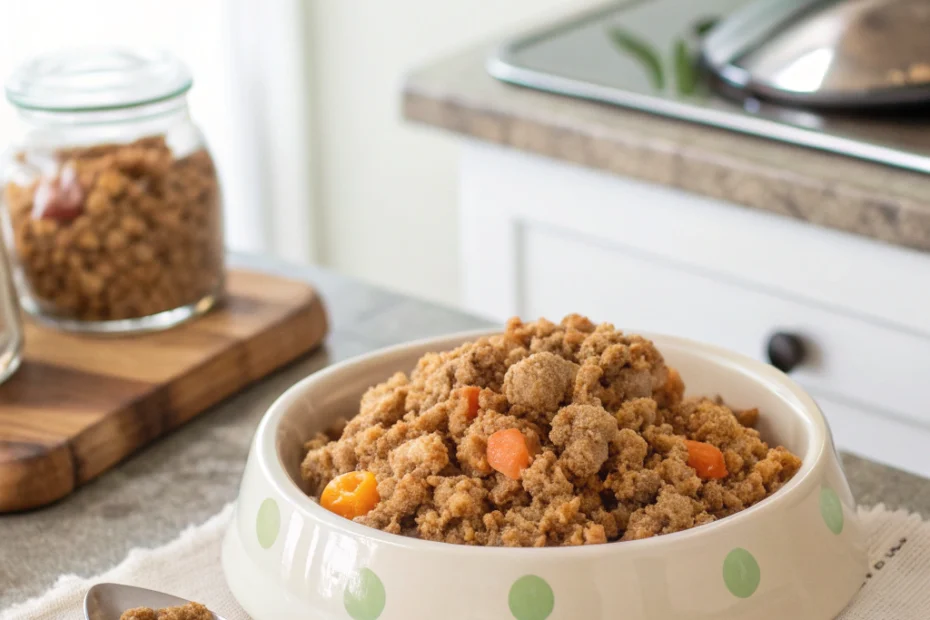At-a-Glance
When it comes to managing stress in cats, diet plays a crucial role. The best cat food for stress can support your feline’s mental well-being and overall health. This guide will provide you with a comprehensive understanding of how to choose the right food, ensure safety, and create a stress-free environment for your cat.
How to Choose
Selecting the best cat food for stress involves considering several factors. First, look for foods that are rich in high-quality proteins and contain essential fatty acids, as these nutrients are vital for maintaining a healthy nervous system. Additionally, foods that include natural calming ingredients like chamomile or tryptophan may help reduce anxiety.
- Check the Ingredients: Opt for natural ingredients without artificial additives.
- Consider Your Cat’s Preferences: Cats can be picky eaters, so choose flavors and textures they enjoy.
- Special Formulations: Some brands offer stress-relief formulas that can be beneficial.
Safety & Setup
Ensuring the safety and proper setup of your cat’s feeding routine is essential. Always introduce new foods gradually to prevent digestive upset. Start by mixing a small amount of the new food with the old, gradually increasing the new food’s proportion.
- Monitor for Allergies: Watch for signs of allergies when introducing new foods.
- Consult a Vet: Before making significant dietary changes, consult your veterinarian.
- Feeding Schedule: Maintain a consistent feeding schedule to reduce stress.
Core Pillars
The core pillars of a stress-reducing diet for cats include nutrition, hydration, and routine. High-quality proteins, essential fatty acids, and antioxidants are crucial for reducing stress and supporting overall health. Additionally, ensure your cat has access to fresh water at all times.
Placement & Environment Tips
The environment where your cat eats can significantly impact their stress levels. Ensure the feeding area is quiet and free from noise or disturbances. Consider the following tips to create a stress-free feeding environment:
- Private Feeding Area: Create a designated, calm feeding space away from other pets.
- Comfortable Bowls: Use shallow bowls to prevent whisker fatigue.
- Regular Cleaning: Keep feeding areas clean to avoid stress from odors or dirt.
Comparison with Alternatives
When considering alternatives, it’s important to weigh the benefits of specialized stress-reducing foods against regular cat food. While regular cat food meets basic nutritional needs, stress-reducing formulas often contain additional ingredients geared towards calming your cat. However, these specialized foods may be more expensive or harder to find.
FAQs
Q: Can diet alone reduce my cat’s stress?
A: While diet plays a significant role, a holistic approach including environmental enrichment and regular play is essential.
Q: Are there specific ingredients I should look for?
A: Yes, ingredients like omega-3 fatty acids, chamomile, and tryptophan can support stress reduction.
What to Do Next
If you’re considering changing your cat’s diet to help manage stress, start by consulting with your veterinarian to ensure the new food meets your cat’s specific health needs. Gradually introduce the new food and monitor your cat for any changes in behavior or health. Remember, creating a calm and consistent routine is key to reducing stress in cats.
Disclaimer: Always consult your veterinarian for personalized advice regarding your cat’s health.
